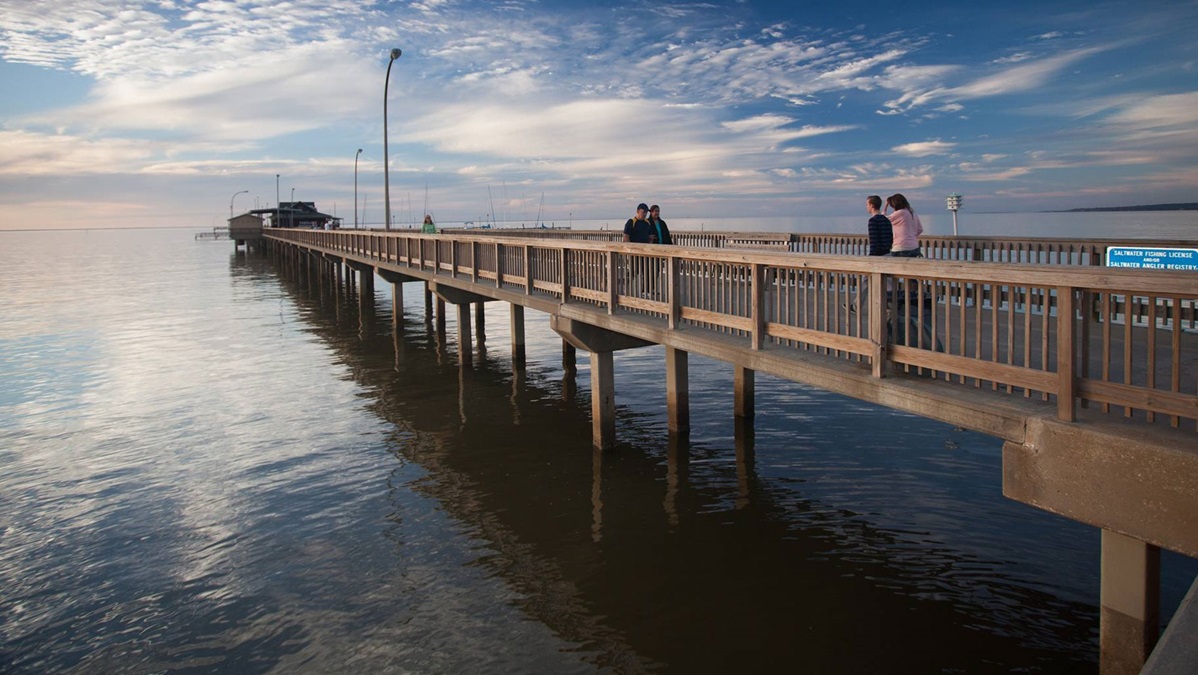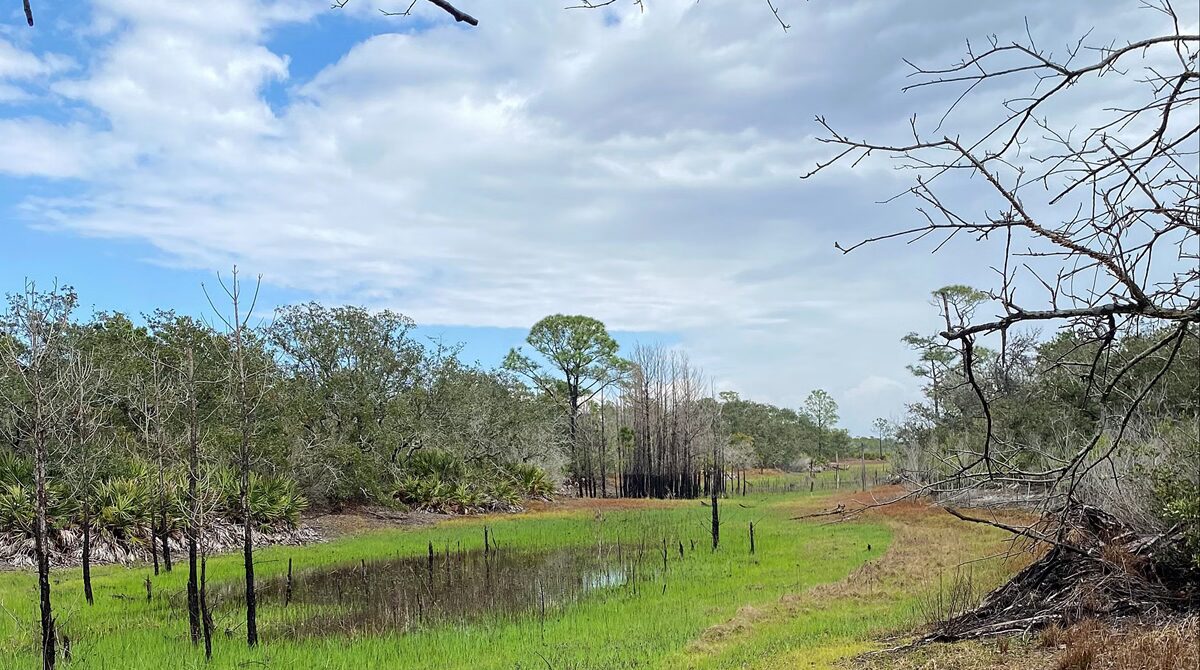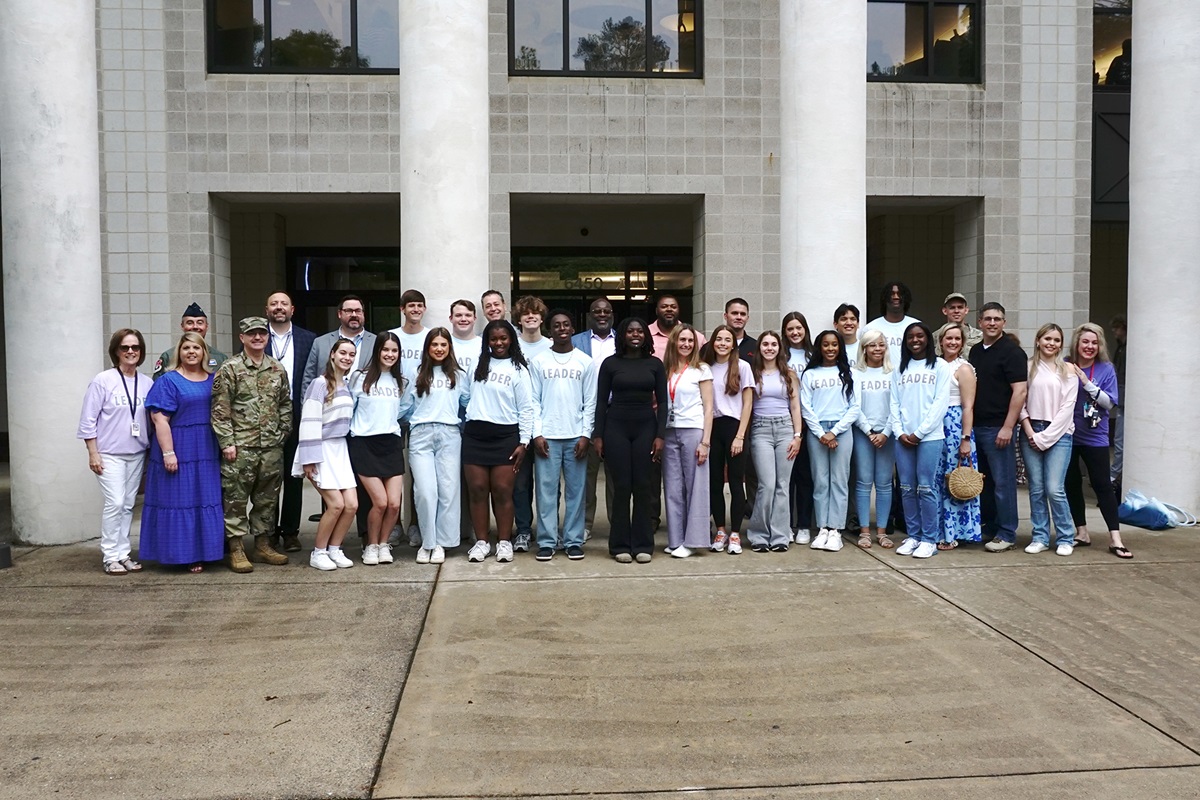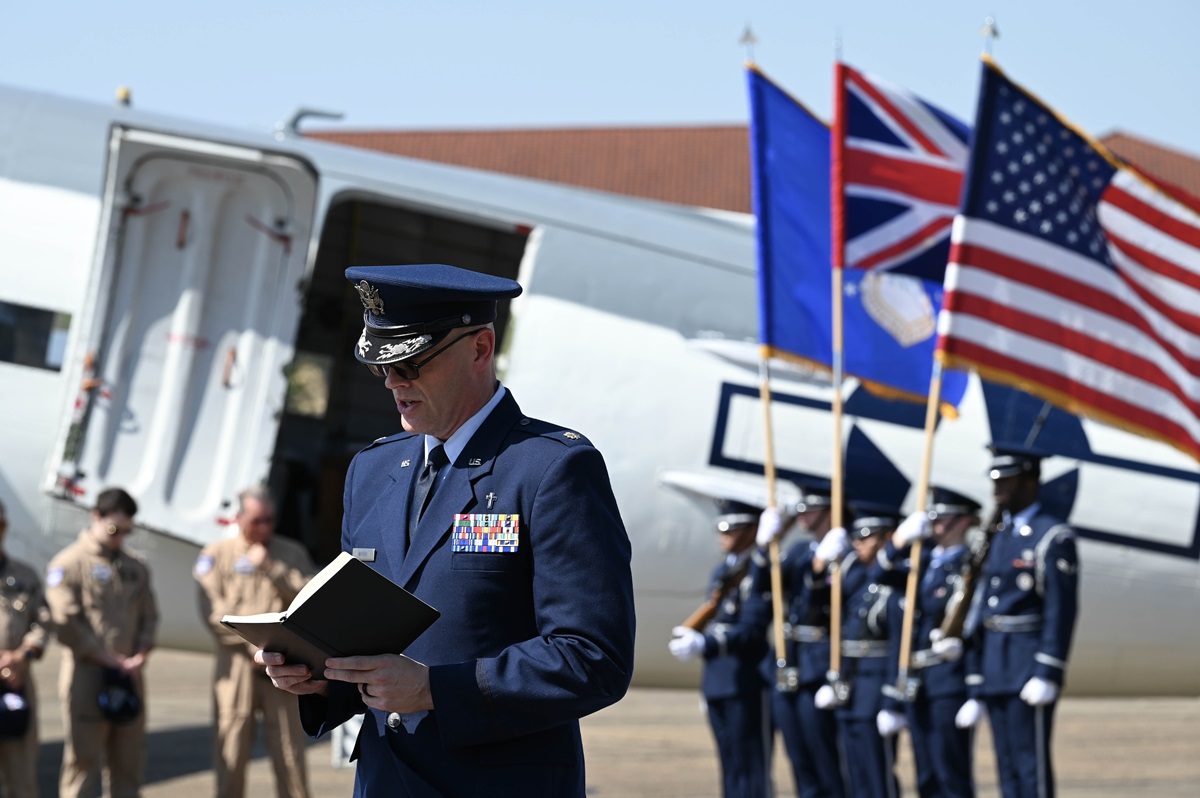Bass fishing lures high schoolers

Temperatures hovered in the mid-30s on a blustery, February day on Weiss Lake. Winds gusting to 25 mph cut through the layers of clothing worn by the young fishermen and their families and friends. It was barely daylight, yet hundreds of people had gathered to watch 394 high school bass anglers launch their boats in the first Alabama Student 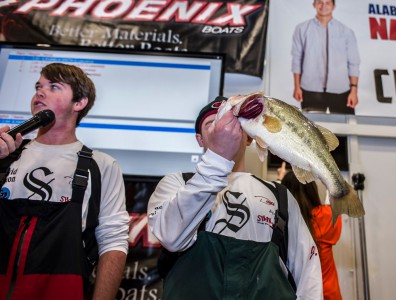 Angler Bass Fishing Association (ASABFA) tournament of 2013.
Angler Bass Fishing Association (ASABFA) tournament of 2013.
While the young anglers took off to battle the conditions and look for bass, their family members and volunteers scooted off to the Gadsden State Cherokee Arena in Centre to prepare chili, coffee and hot chocolate for the high school anglers’ return. Hours later, several thousand cheering fans greeted the half-frozen anglers as they brought their catch to the weigh-in at the arena.
Welcome to high school bass fishing.
Not since soccer became a high school sport in Alabama has a new sport come along that has piqued the interest of so many students, parents and communities. More than 60 high schools have started fishing teams over the past four years, and more are coming on board every week.
Fishing is so important to Hunter Tate, a junior at Thompson High School, that he changed schools so he could be on a fishing team.
“I’ve fished since I was a little kid and I love it,” he says. “I played baseball at Calera, but when they said they weren’t going to have a fishing team I transferred to Thompson so I could fish.”
The move has paid off for Tate. He and his fishing partner finished 17th of 197 teams at a recent tournament on Weiss Lake. Tate hopes to get a scholarship to Tennessee’s Bethel College, one of the colleges that now offer fishing scholarships.
“Alabama Power is proud to play a part in the success of high school bass fishing,” says Doug Powell of Alabama Power. Not only do Alabama Power lakes like Weiss, Logan Martin, Lay, Mitchell, Jordan, Martin and Smith play host to most of the tournaments, the company is also instrumental in partnering with high school bass teams on projects that earn grants to provide much-needed operating revenue.
Alabama Power provides money-making opportunities to the individual high school teams through its Renew Our Rivers program. High school bass teams across much of the state assist Alabama Power in building fish-attracting devices that are placed in lakes to provide quality fish habitat. Those young anglers also assist in shoreline cleanup and the seeding of eroded shorelines.
In return, each team that completes 250 hours of community service receives a $500 conservation grant from the Alabama Bass Trail. That money can be used for any team-related expense. The monetary awards are made possible by private corporations such as Pepsi.
Kay Donaldson, program director for the Alabama Bass Trail, a non-profit promotional arm of the Alabama Tourism Department, says most people are shocked to discover how big high school bass fishing has become in such a very short time.
“It’s a win-win situation for everyone,” Donaldson says. “Not only are these kids learning teamwork, they are learning conservation practices and how to leave things better than they found them.
“I wish everyone could see the look on their faces when they come into the weigh-ins and see all those fans waiting.”
Not every high school student can be a linebacker on the football team or a center on the basketball team, says Norman Brown, state president of the ASABFA. He says bass fishing offers all the competitiveness of any other sport, yet provides an opportunity for just about any student to compete.
Birmingham’s Rose Ellis, a regional tournament director for the program, says she believes that is why high school fishing is growing so rapidly. Boys and girls can compete on equal footing. She said four female students qualified for the state championship tournament last year.
Ellis says a bass has no idea who is on the other end of the line. “It doesn’t matter how big you are or how fast you are,” she says. “It’s just you against the fish.”
Each high school team is allowed to enter five boats of two anglers each in the four regional tournaments held across the state. The top qualifiers from those regional tournaments advance to the state championship.
Each school is allowed four tournaments in the fall to determine those 10 anglers. Anglers receive points not only for their finishes in the individual tournaments but also for community service.
For liability reasons, team members are not allowed to drive boats. Volunteers provide all boats and drive them. All coaches are volunteers, as are those who put on the tournaments.
Brown says he doesn’t have a lot to offer volunteers, but they have a lot to offer back.
He says he tells people he needs to borrow their boat, their time and their money, but in return they get to take some kids fishing. Brown says he has no trouble luring volunteers to the cause. It makes for a great fishing story that, unlike many anglers’ tales, is actually true.
